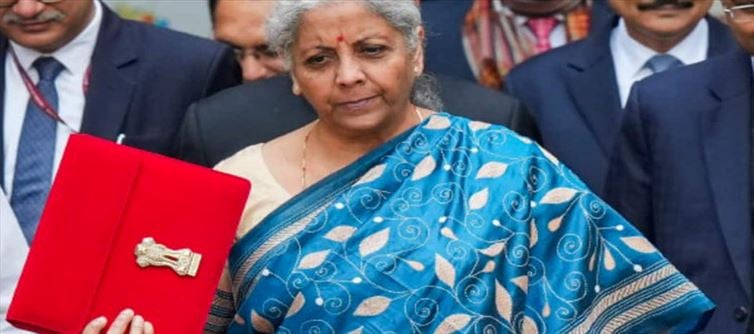
As india prepares for the upcoming Union Budget, there are rising expectations from the insurance sector. Sandip Goenka, CEO of ACKO Life Insurance, has articulated a vision that could see sweeping changes in the life insurance space. While these changes may seem beneficial for the sector, they may not necessarily favor the common man, and could, in fact, bring about more financial burdens.
Goenka has called on the government to push forward the vision of "Insurance for All by 2047," a laudable goal. However, the methods proposed to achieve this vision may not align with the financial realities of millions of ordinary Indians. The suggestion to increase tax deduction limits under Section 80C for life insurance premiums sounds promising on paper, but this could lead to higher premiums for individuals, further straining household budgets. Instead of making insurance more accessible, these tax incentives could simply increase the pressure on middle-class families already struggling with rising living costs.
Furthermore, the push for introducing a separate tax deduction limit for term insurance and pension policies might not provide significant relief to those who cannot afford these policies in the first place. By raising the threshold for affluent individuals or those with stable incomes, the common man could be left behind, as the price of such policies may only escalate with the introduction of these new benefits.
Goenka also advocates for the implementation of mandatory basic term life insurance coverage for formal employment, similar to the Employees’ Provident Fund (EPF). While the concept of mandatory coverage sounds like a step towards financial security for dependents, it also carries hidden costs. The employer may pass on the burden of premiums to employees, further reducing disposable incomes for working individuals. Given that formal sector jobs in india remain limited, this policy may only benefit a small section of the population while leaving out the vast majority of informal sector workers who have no such protections.
In essence, while the life insurance sector's suggestions aim to improve coverage and financial security, they risk becoming another tool to extract money from ordinary citizens, rather than providing the inclusive benefits they promise. The common man, already grappling with inflation, unemployment, and inadequate social security, could face further financial strain from policies designed with the sector’s interests at the forefront.
In the end, a balance needs to be struck in the Union Budget, ensuring that reforms in the insurance sector genuinely address the needs of the average Indian, without putting additional pressure on their already overburdened finances. If the focus remains on the prosperity of the insurance industry rather than the welfare of the common man, it could inadvertently widen the gap between India’s rich and poor, leaving behind those who need it the most.




 click and follow Indiaherald WhatsApp channel
click and follow Indiaherald WhatsApp channel